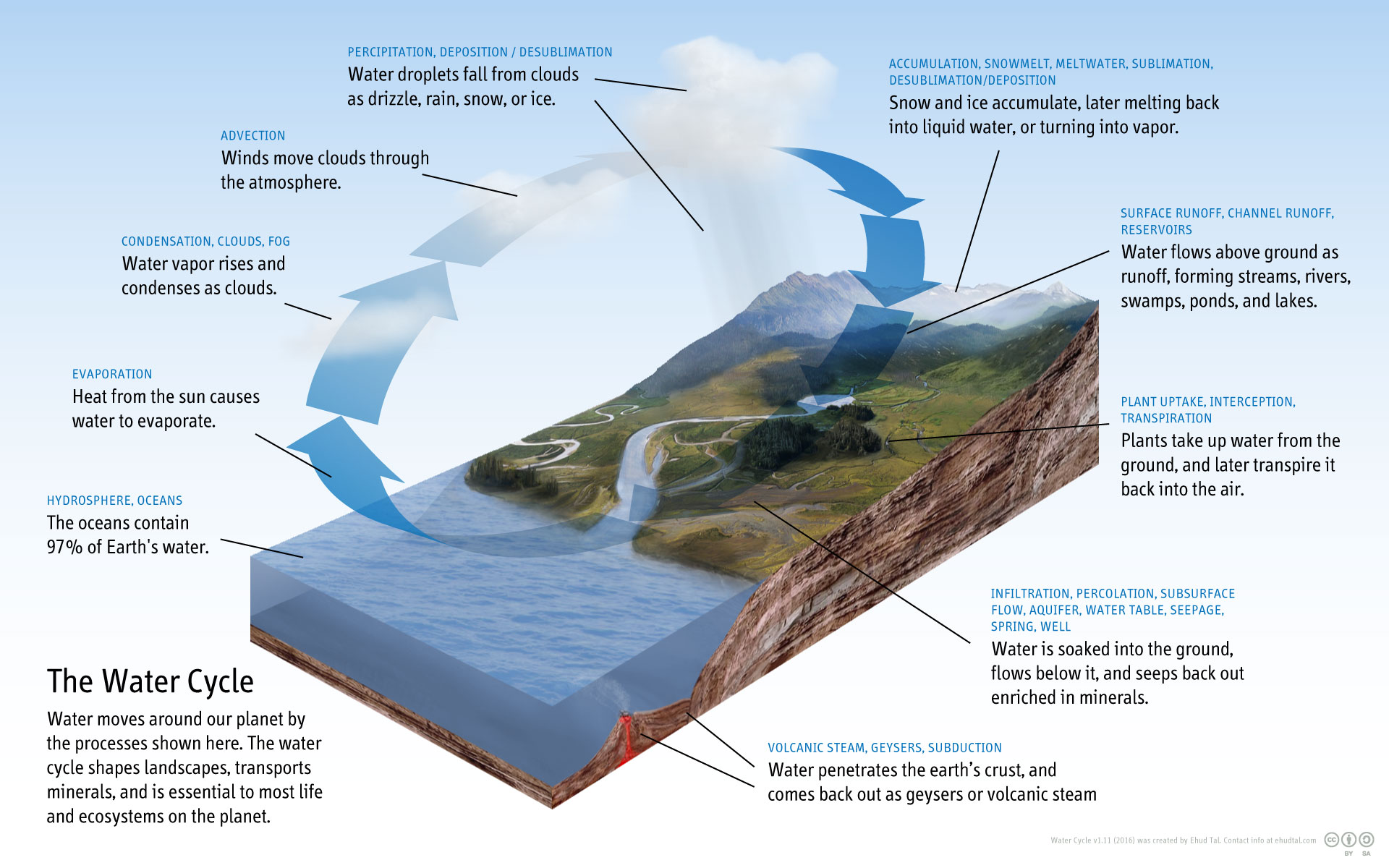

BLOG
What is Large Evaporation?
What is Large Evaporation?
13 September 2023
Large evaporation, also known as "enhanced evaporation," is an innovative and environmentally friendly method of managing water resources and addressing water-related challenges. In this blog post, we will delve into what large evaporation is, how it works, and its significant role in sustainable water management practices.
Understanding Large Evaporation
Large evaporation refers to a deliberate and controlled process that enhances the natural evaporation of water from open water bodies such as reservoirs, ponds, and lakes. This process increases the rate at which water is transformed from a liquid state to water vapor and released into the atmosphere.

How Does Large Evaporation Work?
Large evaporation systems are designed to accelerate the natural water evaporation process. Here's how they typically operate:
1. Water Circulation: Water is pumped or circulated from a source (e.g., reservoir) to a designated area with increased exposure to sunlight and wind. This area is often designed with shallow basins or channels.
2. Increased Exposure: The water is spread out in thin layers over these designated areas, maximizing its exposure to solar radiation and wind. Shallow depths and extensive surface areas are key to this process.
3. Solar Energy Absorption: As the exposed water absorbs heat from the sun, it begins to evaporate at an accelerated rate. Solar energy plays a significant role in driving this evaporation.
4. Wind Assistance: Wind helps carry away the water vapor as it rises from the surface, promoting efficient evaporation.
5. Collection and Condensation: The water vapor released into the atmosphere can later condense and form clouds, potentially leading to increased precipitation in the surrounding region.
The Importance of Large Evaporation
Large evaporation offers several benefits and applications:
· Water Management: Large evaporation can help manage water resources by reducing the risk of flooding in areas with excess water, as well as providing a means to reduce water levels in reservoirs during periods of high rainfall.
· Salinity Control: It can be used to manage and control the salinity of water bodies, particularly in regions where salinity levels are a concern.
· Water Quality Improvement: Large evaporation can aid in improving the quality of water in lakes and ponds by concentrating pollutants in the remaining water.
· Ecosystem Support: By regulating water levels and salinity, large evaporation can benefit aquatic ecosystems and the organisms that rely on these habitats.
· Desalination: In some cases, large evaporation can be a component of desalination processes, where seawater is evaporated to obtain fresh water.
Conclusion
Large evaporation is a valuable tool in sustainable water management, helping address water-related challenges while minimizing environmental impacts. By harnessing the power of nature to enhance the evaporation process, we can better manage our water resources, improve water quality, and support ecosystems. If you're interested in learning more about large evaporation or its applications, feel free to reach out to us. Together, we can explore innovative solutions for water management.



